Parentage Orders in New York have just become an easier option for lesbian families.
Parentage orders in New York are a reality after the passage of the Child Parent Security Act, a long-awaited statute that acknowledges how gay and lesbian couples and individuals have families and offers a direct course to legal parentage. As of February 15, 2021, New York has joined the legion of states that not only legalize gestational surrogacy, but also recognize how gay and lesbian couples and individuals have families and assist them in protecting those families with a direct pathway to parenthood.
Parentage Orders in New York are now a reality. Before February 15, 2021, the only clear way of establishing parentage in New York was through second or step-parent adoption. Many couples still choose to establish parentage through the adoption process because it is the gold standard of parentage. There is Supreme Court precedent for the recognition of adoption orders when the court refused to hear a case challenging the validity of an adoption order for a gay couple. There are still specific indications when adoption is preferred over a parentage order, however, if you are not a couple that travels Internationally or if you have no plans to move to a gay-unfriendly state, the New York statute will provide the protection your family deserves.
The process for a parentage order differs slightly between Counties, but there is some regularity that you can count on. First, the question of jurisdiction remains one that hinges on the cost of the process. If you choose to file in Supreme Court, you will receive an Order from that court that will most likely result without a court appearance. There are some costs associated with this method. When you file in Supreme Court, one of the procedural elements is the filing of a Request for Judicial Intervention (RJI), which comes with the cost of a $350.00 filing fee. When you file in Family Court, the case is heard by a Support Magistrate. There is no filing fee, however, there may be an appearance required.
 If COVID-19 restrictions apply, appearances are virtual. This means that you will not have to go to court but log in to a virtual hearing online. COVID-19 will at some point in the future be an issue of the past. Families will have to weigh the costs of filing and the costs of appearing in court.
If COVID-19 restrictions apply, appearances are virtual. This means that you will not have to go to court but log in to a virtual hearing online. COVID-19 will at some point in the future be an issue of the past. Families will have to weigh the costs of filing and the costs of appearing in court.
The specifics of filing will include a Petition, which collects the necessary information the court needs to process the request. The court also wants to hear from either the clinic that facilitated the pregnancy, the anonymous provider of sperm or the petitioners if they used home insemination to get pregnant. The Court wants to make sure that all Parties who should be notified of the proceeding are accounted for. The Petition verifies that the petitioning couple has lived in the State of New York for the last six months, that they consented to the Assisted Reproduction, the proposed name of the child and when the child is due to be born, or when they were born.
For couples who have their families with the assistance of an anonymous sperm donor, the court will require a letter from the sperm provider to affirm that the donor was indeed anonymous and has no legal parentage rights to the child. For couples who work with a known, or directed, donor, the court will view a Known Donor Agreement as proof that the donor does not intend to be a parent. If there is no Agreement in place, your Attorney will have to draft an Affidavit that the Donor would sign to affirm their intentions to the court. The Support Magistrate hearing the case may also request that your donor appear at your hearing.

The fact that we now have Parentage Orders in New York is a huge step forward for LGBTQ families. While some couples will still choose to create legal parentage through second or stepparent adoption, we have another, lower cost option. Parentage Orders in New York are a simple, straightforward way to affirm a family’s legal status and are available in many States across the Country. Thanks to The Child Parent Security Act, our families are more secure and the Courts are learning more about how we have our families and protect them from challenge.
By Anthony M. Brown, June 1, 2021. www.TimeForFamilies.com

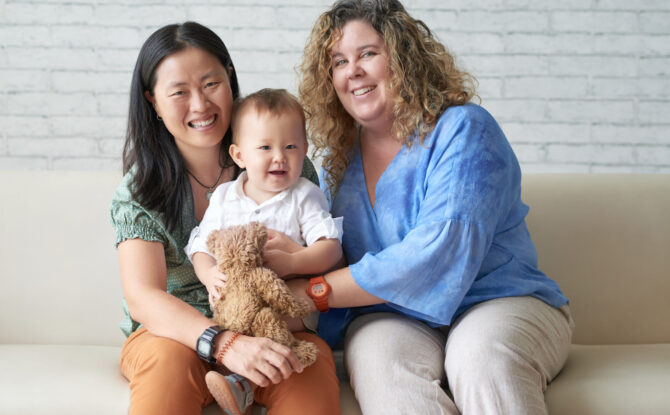




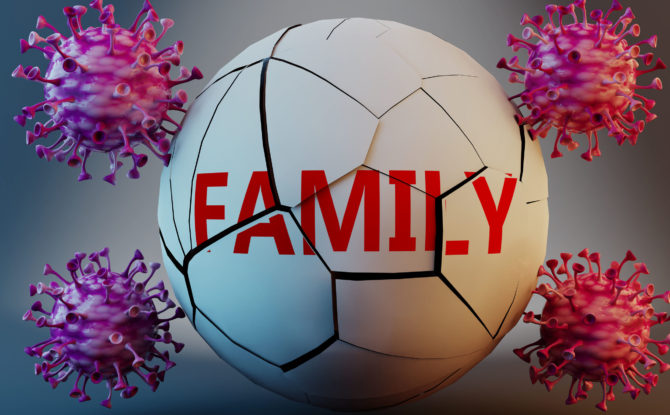

 For lesbian couples who have thoughtfully chosen to use a clinic to assist in insemination, this delay is not only frustrating, it can also change the projected timeline of their families. Even those couples who choose anonymous sperm donors will most likely have to wait an indefinite period of time to undergo AI or IUI procedures. For those who choose known sperm donors, the essential DNA testing that is a prerequisite for clinic inseminations will also be on a delayed time schedule.
For lesbian couples who have thoughtfully chosen to use a clinic to assist in insemination, this delay is not only frustrating, it can also change the projected timeline of their families. Even those couples who choose anonymous sperm donors will most likely have to wait an indefinite period of time to undergo AI or IUI procedures. For those who choose known sperm donors, the essential DNA testing that is a prerequisite for clinic inseminations will also be on a delayed time schedule.
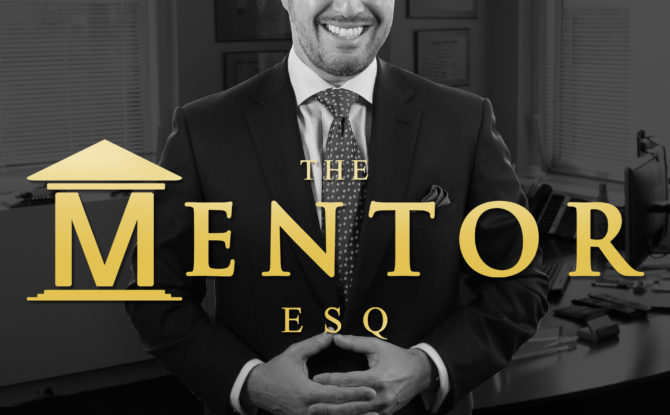
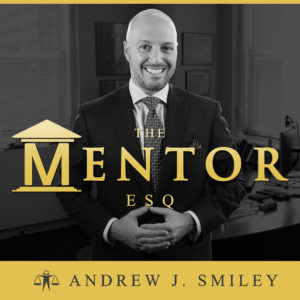 The Mentor Esq. was founded by
The Mentor Esq. was founded by


 Despite this progress, a complex network of state laws, regulations and restrictions affect many of our most common paths to parenthood, meaning would-be LGBTQ. parents can face a far more complicated legal landscape than our straight counterparts.
Despite this progress, a complex network of state laws, regulations and restrictions affect many of our most common paths to parenthood, meaning would-be LGBTQ. parents can face a far more complicated legal landscape than our straight counterparts. 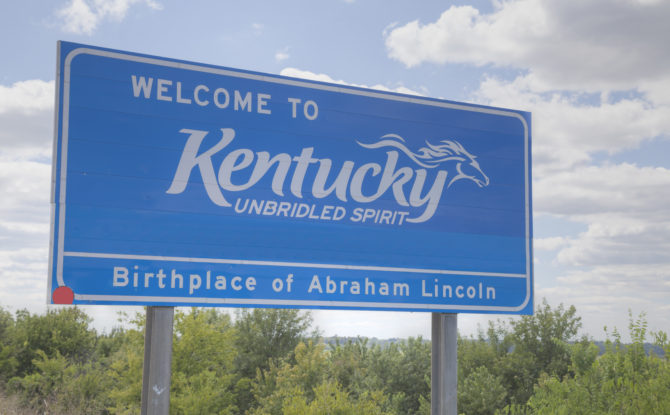
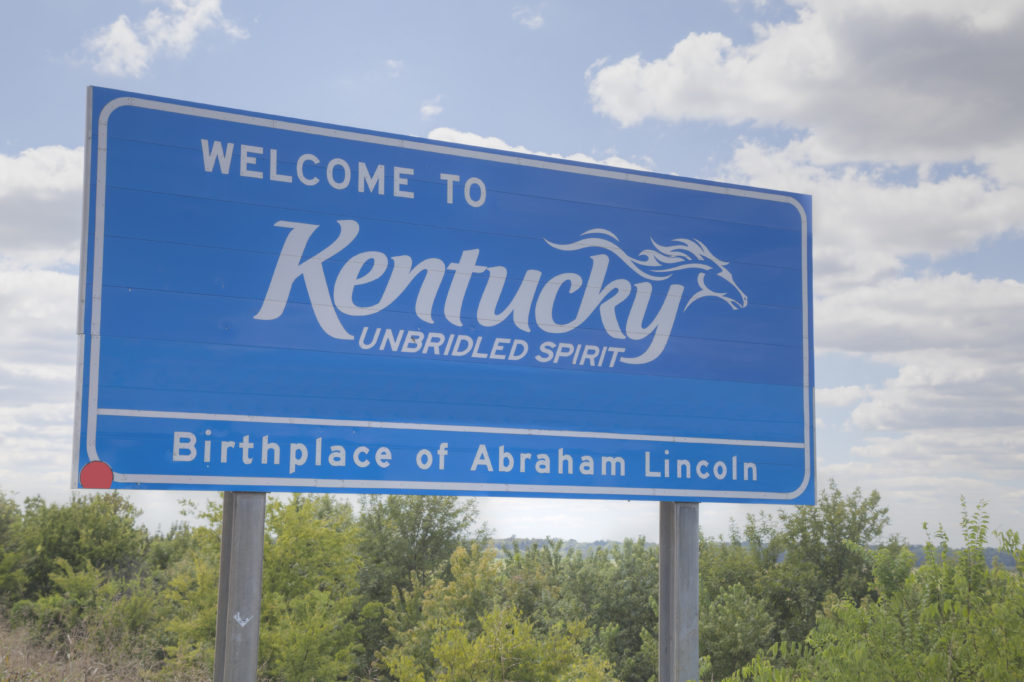
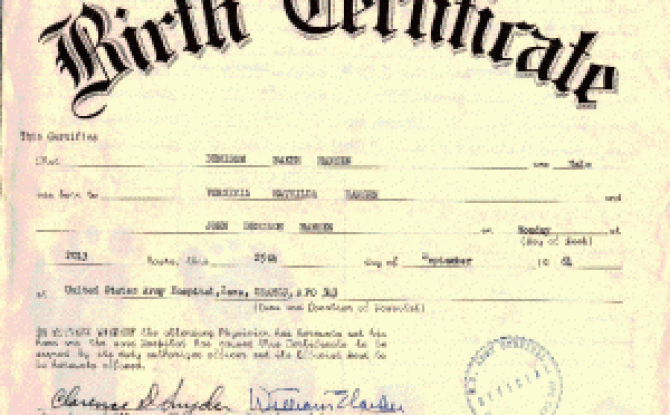
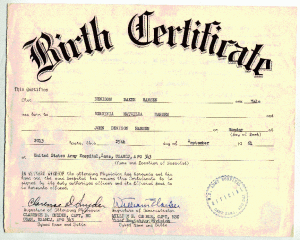
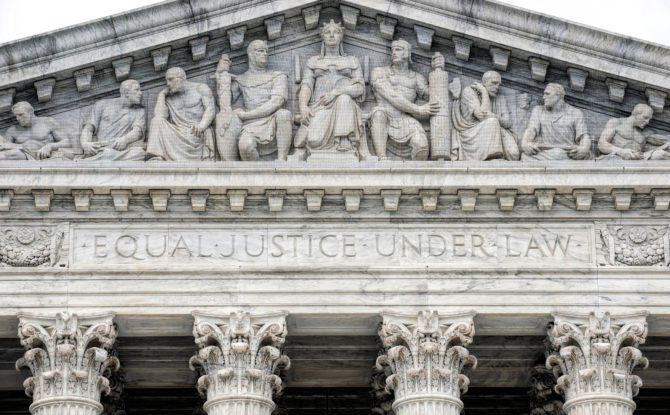
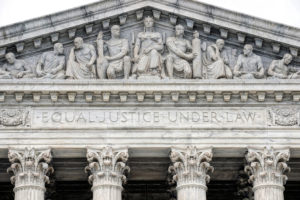
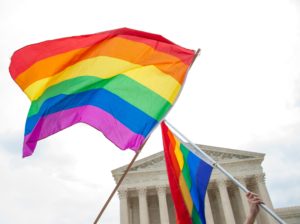 What is most troubling about Anthony Kennedy’s legacy is what he did not do. Kennedy was a wordsmith, much to the chagrin of many in the legal community. He never clearly defined what level of legal scrutiny gay people deserved in equal protection cases. The equal protection clause of the 14th Amendment to the US Constitution provides for different levels of protection depending on which category the discriminated class falls into. The legal scrutiny that a class receives often determines whether the discrimination is permissible or not. The key indicators of whether a case deserves heightened scrutiny were, perhaps purposefully, left out of Kennedy’s written decisions regarding LGBT litigants. He shied away from describing gay people as a “subject classification.”
What is most troubling about Anthony Kennedy’s legacy is what he did not do. Kennedy was a wordsmith, much to the chagrin of many in the legal community. He never clearly defined what level of legal scrutiny gay people deserved in equal protection cases. The equal protection clause of the 14th Amendment to the US Constitution provides for different levels of protection depending on which category the discriminated class falls into. The legal scrutiny that a class receives often determines whether the discrimination is permissible or not. The key indicators of whether a case deserves heightened scrutiny were, perhaps purposefully, left out of Kennedy’s written decisions regarding LGBT litigants. He shied away from describing gay people as a “subject classification.”